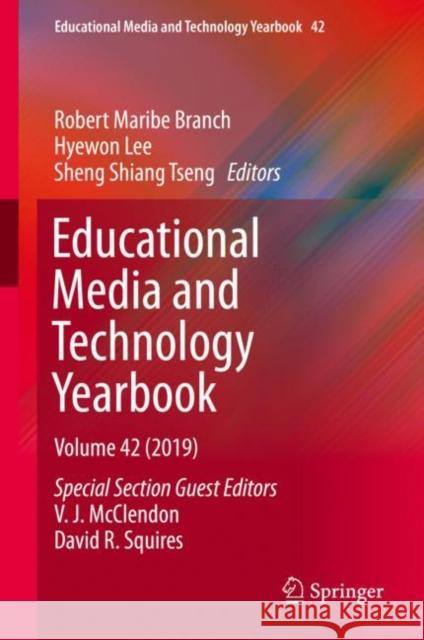Educational Media and Technology Yearbook: Volume 42 » książka
topmenu
Educational Media and Technology Yearbook: Volume 42
ISBN-13: 9783030279851 / Angielski / Twarda / 2019 / 456 str.
Educational Media and Technology Yearbook: Volume 42
ISBN-13: 9783030279851 / Angielski / Twarda / 2019 / 456 str.
cena 602,40
(netto: 573,71 VAT: 5%)
Najniższa cena z 30 dni: 578,30
(netto: 573,71 VAT: 5%)
Najniższa cena z 30 dni: 578,30
Termin realizacji zamówienia:
ok. 22 dni roboczych.
ok. 22 dni roboczych.
Darmowa dostawa!
Kategorie:
Kategorie BISAC:
Wydawca:
Springer
Seria wydawnicza:
Język:
Angielski
ISBN-13:
9783030279851
Rok wydania:
2019
Wydanie:
2019
Numer serii:
000402095
Ilość stron:
456
Waga:
0.83 kg
Wymiary:
23.39 x 15.6 x 2.54
Oprawa:
Twarda
Wolumenów:
01
Dodatkowe informacje:
Wydanie ilustrowane











